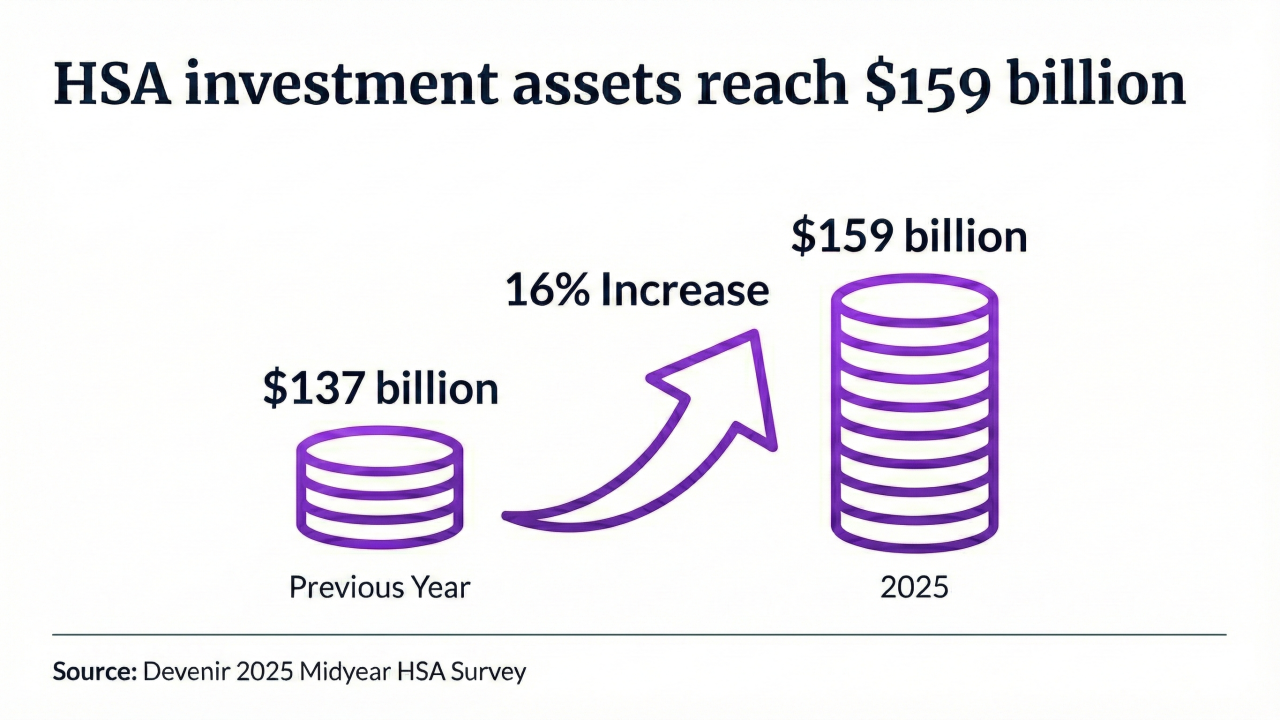First in a series
In the fast-paced world of benefits consulting, discipline is an essential skill that sets top consultants apart from the pack. It's easy to get
However, staying disciplined — just like strengthening a muscle — requires consistent effort and focus. Even those with high levels of discipline, such as military personnel, can struggle with maintaining it over time. The key is to develop strategies that create structure, urgency and efficiency, ensuring that benefits consultants remain
One of the primary challenges in our industry is managing time effectively. Parkinson's Law states that tasks expand to fill the time allotted. By backing up a project or renewal by at least 15 to 30 days with a definitive start date, setting shorter deadlines and fostering a sense of urgency, we can enhance efficiency and deliver more value to clients. Discipline isn't just about working hard — it's about
Read more:
Many professionals believe that doubling their efforts is the key to success. However, as Dan Sullivan's book "10x is Better Than 2x" suggests, simply working harder isn't always the most effective approach. Instead, a mindset shift toward exponential effort – thinking ten times bigger – can yield greater results.
For benefits consultants, this means going beyond standard plan recommendations and diving deep into innovative cost-saving strategies. A consultant who embraces the 10x approach will proactively seek out new funding mechanisms, alternative insurance models and cutting-edge employee wellness programs to maximize value for clients. Rather than making incremental improvements, they look for transformative solutions that can reshape an organization's benefits landscape.
With this mindset, many of the more minor issues or setbacks also seem to fade.
No consultant is immune to setbacks. Just as in fitness, where progress is made through consistent effort despite occasional failures, benefits consultants must persist through challenges. A failed proposal, difficult negotiation or missed cost-saving opportunity should not discourage long-term growth. Instead, these experiences should be analyzed, documented and used as learning opportunities.
Read more:
Journaling or keeping a detailed log of challenges can help us identify patterns and refine our approach over time. More importantly, maintaining a mindset of continuous improvement ensures that setbacks become stepping stones rather than roadblocks. This disciplined approach to growth can make a significant difference in our ability to adapt and succeed.
Brian Moran's book "The 12-Week Year" presents a powerful concept for goal setting and productivity. Instead of planning for the long term, Moran suggests breaking goals into focused, short-term periods of just 12 weeks. This approach forces professionals to eliminate unnecessary tasks, prioritize essential activities and maintain a high level of intensity over a shorter period.
For benefits consultants, applying the 12-week methodology can lead to more structured and efficient client management. Instead of spreading cost-saving initiatives over an entire year, they can set quarterly benchmarks to measure success. Whether it's analyzing benefits utilization, negotiating new carrier contracts or rolling out an employee education program, breaking objectives into 12-week cycles ensures continuous progress and prevents stagnation.
Many companies struggle with rising benefits costs, often resorting to reactive spending without addressing root causes. Discipline in benefits strategy means taking a structured, methodical approach to analyzing plans, identifying inefficiencies and implementing cost-saving measures.
For example, a company spending hundreds of thousands of dollars on traditional health insurance may not realize the advantages of self-funded or level-funded plans. A disciplined benefits consultant will identify these opportunities and educate leadership teams on the long-term advantages of such models while controlling risk. Additionally, consultants who maintain a structured approach to plan design and cost analysis can uncover savings that might otherwise go unnoticed — sometimes in the millions — all while increasing client retention.
Read more:
To harness the power of discipline and maximize efficiency, benefits consultants should consider the following strategies:
- Apply Parkinson's Law. Back up the start date and set shorter deadlines for client proposals, plan analyses and renewals to create a sense of urgency and improve efficiency.
- Adopt the 10x mindset. Challenge conventional thinking by seeking out transformative, rather than incremental, benefits solutions.
- Embrace short-term goal setting. Use the 12-week year approach to structure consulting efforts, ensuring steady progress and measurable success.
- Document and learn from setbacks. Keep records of challenges faced in negotiations, plan implementations, or cost-saving initiatives to refine strategies over time.
- Educate clients on the importance of discipline. Help businesses understand that a disciplined approach to benefits planning can result in significant financial savings and improved employee satisfaction.
Success in benefits consulting isn't just about technical expertise — it's about maintaining discipline in strategy, execution and continuous learning. By setting structured start and stop timeframes, adopting a 10x mindset and implementing the principles of the 12-week year, consultants can optimize their effectiveness and provide exceptional value to clients.
Just as a well-trained athlete strengthens their muscles through consistent effort, benefits consultants can refine their skills, improve efficiency and drive cost-saving innovations through disciplined actions. In an industry where complexity is the norm, discipline remains the key to long-term success.






